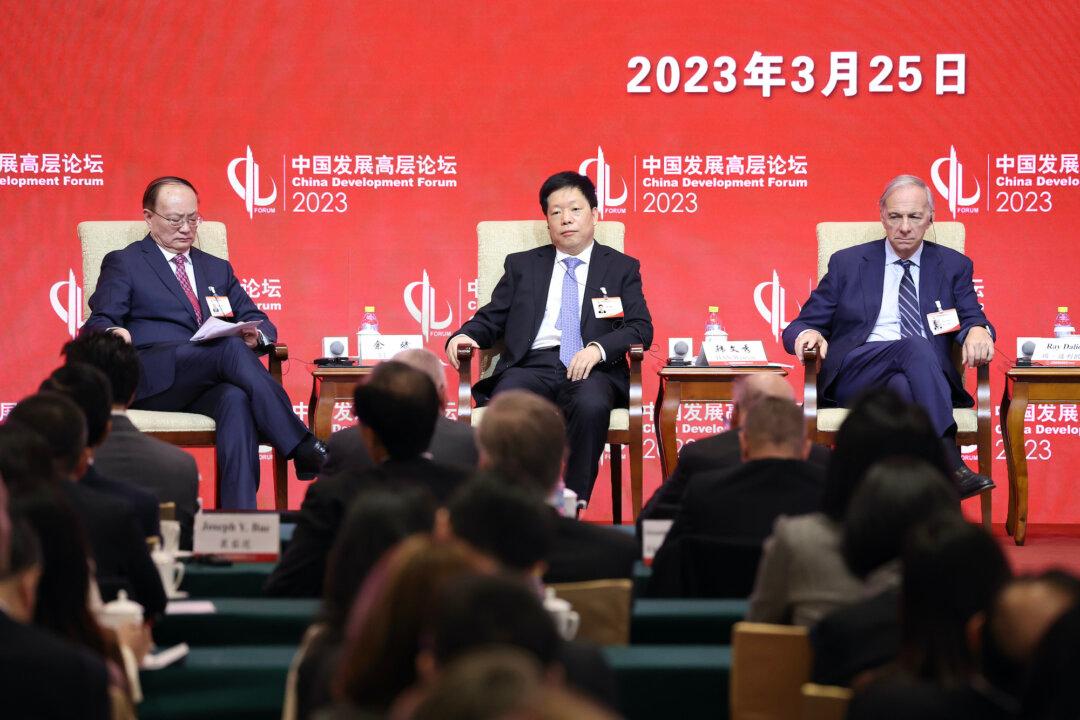The United States is unaware of the scope of its investment fund in China that is funding possibly harmful Chinese military and civilian technologies, according to Derek Scissors, a senior fellow at the American Enterprise Institute.
According to Scissors’s report titled “What to Do About American Investment in China,” almost $800 billion in U.S. investments poured into China from 2016 to 2020, but the United States “does not monitor what is being funded.”




